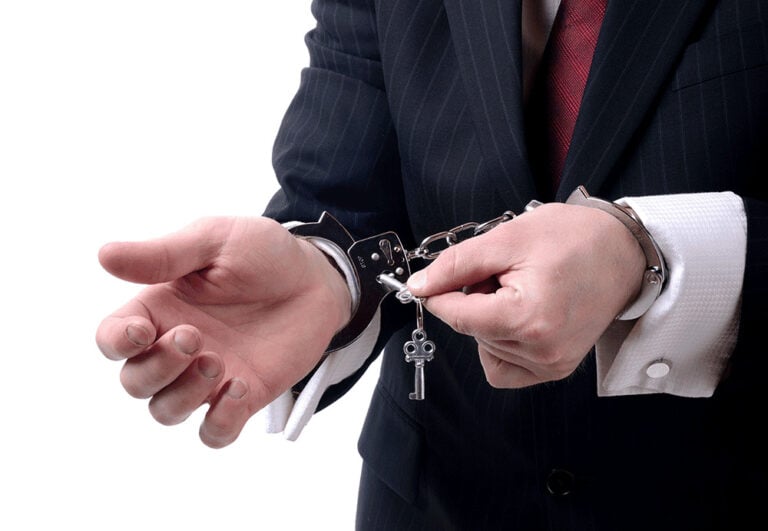Keeping the Eighth Amendment in Mind to Help Clients
In the business of posting bail, you need to be extra cautious before committing or agreeing to anything. When money is involved, and a relatively large amount at that, you need to study the situation carefully to make sure that all the terms of the requirement are within reason.
With bail, you essentially deposit money in exchange for the temporary release of someone from jail until the time of his trial. It is against the law to make the defendant pay bails and fines that are deemed excessive.
The law states that excessive bail not be required; excessive fines, imposed; nor cruel and unusual punishment inflicted. This is the provision stated in the Eighth Amendment to the United States Constitution, which was designed to protect citizens against abuse from the federal government in the form of excessive fines and bail. If a judge names an over-the-top bail amount, the defendant’s attorney may make a motion in court to lower the amount or directly appeal to a higher court in relation to it, citing the Eighth Amendment.
The clause also deals with the topic of cruel and unusual punishment. Understand that the amendment was drafted during such a time when it wasn’t unheard of to boil or stone convicts to death, burn them alive, disembowel them, and perform other forms of torture on them. To stop such inhumane and uncivilized practices, the Constitution was amended accordingly.
Historically, the Eighth Amendment was included as part of the United States Bill of Rights, ratified in 1791.
Prohibition of excessive bail had already been imposed by the English Bill of Rights to stop government abuses. It started with the sheriffs who originally were the ones to determine whether to grant bail or not to criminal suspects. To put an end to the unkind and unjust practice, the English Parliament passed a statute defining bailable and non-bailable offenses.
At first, the king’s judges frequently undermined the law, claiming that a person may be held without bail under the king’s command, but a petition was passed in 1628 holding that the king did not have such authority. Legal technicalities continued to be exploited, however, so that the accused might be jailed without bail even when they’d committed a bailable offense.
The Habeas Corpus Act of 1679 eventually resolved these loopholes.
With judges compelled to set bail, they resorted to requiring impractical amounts. Enough was enough, the Parliament said, hence the ratification of the English Bill of Rights in 1689. About a century later, the US followed suit with its own Bill of Rights.
In these more modern times, the Eighth Amendment is still very much relevant, especially in the matter of determining a suitable amount for bail.







